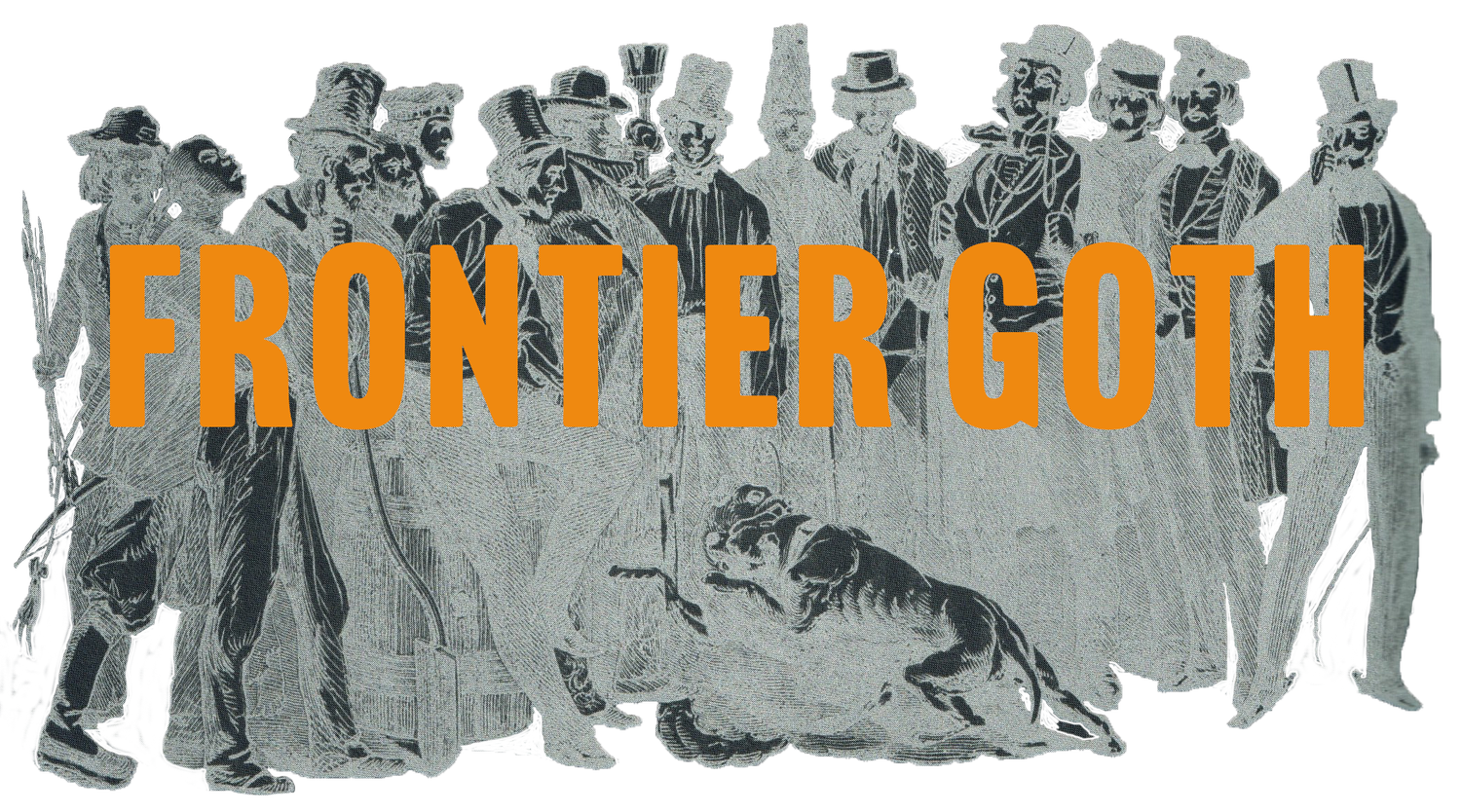The Arms of Krupp by William Manchester
“Virile, sentimental, insecure and melancholic, distrustful of outsiders and haunted even then by fear of enemy encirclement (Einkreisungspolitik), the ancient German evolved into a tribal creature, happy only with his own Volk. To the Germans, Germany became a kind of communal secret society. The worst thing that could happen to him was exile — ‘to be given forth,’ in his pagan phrase, ‘to be a wolf in holy places.’ In time his outlook was complicated by a new religion, and particularly by the Protestant work ethic. But he continued to carry with him ancestral memories of tribal rituals: of the Germans of Moravia lighting bonfires atop hills on Midsummer Eve, say, or of a dying Teuton chieftain who would deliver a farewell sermon to his people and then ceremoniously burn himself to death in front of the sacred oak tree.
“Always there was the interplay of light and darkness. Around the flickering fire, all was familiar. There lovers dallied, and boys learned to fight pitilessly, and the strongest man ruled by right of club law (das Faustrecht). But out in the tangled forest, out among the wild lupines beneath the brooding moon, lay the mysterious unknown. Grim forces lurked there, the Volk confided to one another as the flames whispered low and the tortured shadows grew; werewolves crouched beneath the writhing treetops, trolls and warlocks feasted on serpents’ hearts, women transformed themselves into slimy beasts and coupled with their own brothers; and in a cave Brunnhilde dreamed of the dank smell of bloodstained axes.
“Thus were born the morbid themes that have tormented the Gothic soul ever since: the dream orgy, the death wish, the fascination with the grotesque, the emotional convulsion, the exultation in what an unknown Middle High German poet called ‘overweening pride…and awful vengeance.’ The dark images are gripping; in the twentieth century they have become as familiar to the rest of the world as phantoms in a recurring nightmare. Each tribe had its own version of the superstition, and since it was hardy, with roots older than recorded history, it was unthreatened by the rise of Christianity. The grossest forms of barbarism proved astoundingly durable. The murder of unwanted baby girls at birth persisted into the eleventh century. During the seventeenth century some hundred thousand Germans were executed for witchcraft. And there was nothing chivalrous about Teutonic tournaments. The object was mayhem. A knight entered the lists determined to hack to death as many fellow knights as he could; in one medieval tourney near Cologne, over sixty men were slain. Conversion to Rome had been deceptive. The old and the new were simply fused together. In time the Germans adorned the feast of the nativity with colorful pagan symbols (notably the Christmas tree), and in some communities they transformed the local pagan legend into a Christian tale.”
-William Manchester, 1964


